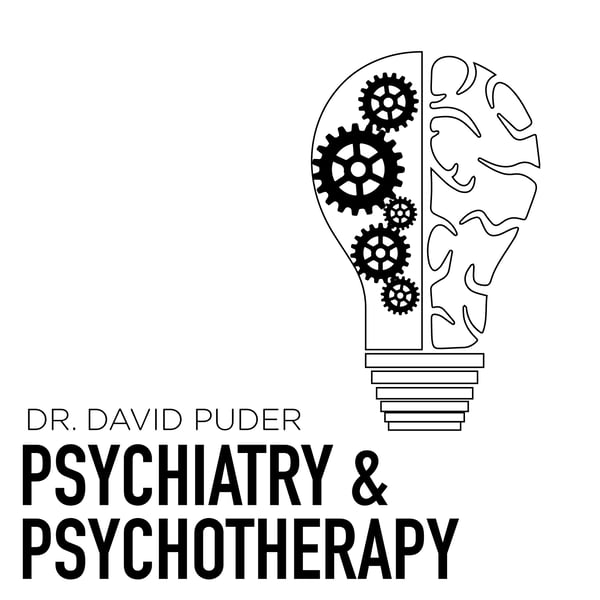How Empathy Works And How To Improve It
Psychiatry & Psychotherapy Podcast
David J Puder
4.8 • 1.3K Ratings
🗓️ 8 January 2019
⏱️ 65 minutes
🧾️ Download transcript
Summary
Empathy is the ability to understand another’s state of mind or emotions. It is also is being able to feel, understand and share with someone else in what they are saying, their meaning of life, their motivations and values.
In research there are 3 types of empathy that are commonly described: cognitive, affective, and compassionate.
For the rest of the article, go: here
Link to sign up for CME go: here
Member Login to do CME activity go: here
Instagram: dr.davidpuder
Twitter: @DavidPuder
Facebook:DrDavidPuder
Transcript
Click on a timestamp to play from that location
| 0:00.0 | Welcome to the Psychiatry and Psychotherapy Podcast. The podcast to help you in your journey |
| 0:06.0 | towards becoming a wise, empathic, genuine and connected mental health professional. |
| 0:11.0 | I'm your host, Dr. David Puder, a psychiatrist who splits his time practicing psychopharmacology, |
| 0:17.0 | individual and group psychotherapy, medical director of a day treatment program, |
| 0:21.0 | medical education research, and teaching, residence, and medical students. |
| 0:30.0 | Welcome back to the podcast. Today, I am going to be going through my next series on the therapeutic alliance. |
| 0:43.0 | This will be session three, and also really a focus on empathy. |
| 0:48.0 | You can start here. You don't have to listen to the first two. |
| 0:51.0 | It will be a standalone episode, but it will build into the prior first two episodes. |
| 0:56.0 | Because empathy is a very important facet of what creates a therapeutic alliance. |
| 1:02.0 | So first, I'm going to start out by defining what empathy is, talking historically about some people, |
| 1:09.0 | what they said, talk about affective, first cognitive empathy, and talk about deficits of empathy, |
| 1:15.0 | psychopathy, autism, spectrum disorder, narcissism, macavelinism, that kind of stuff, |
| 1:22.0 | and their specific areas of deficits in empathy. |
| 1:27.0 | We're going to talk about the importance of empathy in physicians and therapists, |
| 1:32.0 | and really all humans, and then we will go into a study in which I'm a PI and a primary investigator |
| 1:38.0 | regarding on how empathy is experienced by medical students as they go through words |
| 1:45.0 | in regards to their relationship with their supervisors. |
| 1:48.0 | And then we'll talk about how does one increase empathy? |
| 1:53.0 | And finally, my conceptualization of different stages of giving empathy. |
| 2:00.0 | So I think that that's helpful for understanding how to both improve your empathy |
| 2:07.0 | and how to think through the proper ways of giving empathy. |
... |
Please login to see the full transcript.
Disclaimer: The podcast and artwork embedded on this page are from David J Puder, and are the property of its owner and not affiliated with or endorsed by Tapesearch.
Generated transcripts are the property of David J Puder and are distributed freely under the Fair Use doctrine. Transcripts generated by Tapesearch are not guaranteed to be accurate.
Copyright © Tapesearch 2025.

